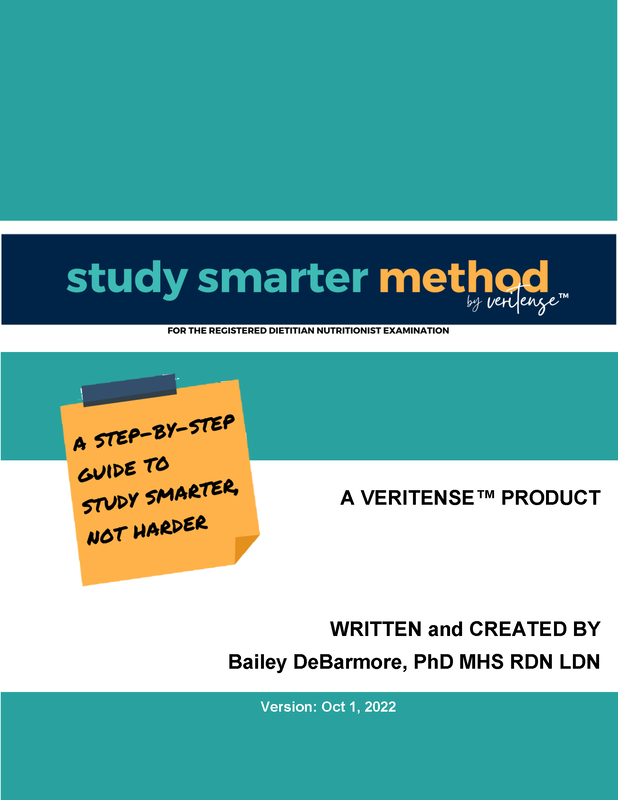|
Having an idea of what you want to do after college is key in making sure you graduate with the necessary knowledge and skills.
Some careers require a 2-year degree, others a 4-year degree, others post-graduate education like a masters, doctorate, or professional degree. It's common for students to change majors partway through school, or go back to school to complete necessary requirements - full time, part time, or through online courses. With this need has flourished a new industry aimed at helping adults of all ages acquire the skills they need for the career they want.
One particularly common post-graduate degree is the Masters of Business Administration, or an MBA. No longer relegated to business and econ majors, there has been an increase in non-business professionals acquiring an MBA to increase their business knowledge. That means doctors, scientists, and IT professionals, among others.
If you have an idea of what you want to do, you can be proactive and find out what you need to fulfill your dreams. Here are some tips. talk to a career advisor
Head over to your college's career center for counseling. Career advisers will help you think about your goals from all perspectives, and help you make a plan to succeed.
If you aren't in school, or your college doesn't have a career center, consider online resources like Online Career Coaching from The Muse and Refinery29 and articles from Career Contessa.
Check out this article "Like a Boss: Women in Trade Jobs" from All Trucking. They include a summary of the history of women in non-traditional professions as well as an overview of various vocations where women are currently underrepresented, like aviation, construction, electricians, firefighters, truck drivers, and more with stats like expected job growth, median salary, and anticipated challenges like pay gaps.
network and connect
Networking is worth your time when done right, and is often the step that results in getting a job. However, when you're at this stage seeking career advice, talking to someone in a role you're interested in helps you learn how they got there, what they wish they had known, and their advice on what you should do.
have an online presence
In the digital age, the first thing someone will do is Google you. Some even skip straight to LinkedIn, and might consider it strange if you don't pop up. Your online presence can be minimal, but it should be clean - have the basic information like your schools, a biography, and your job history in your LinkedIn. If you decide to engage more, through LinkedIn posts and articles, or adding information like Skills and using LinkedIn for job searching, is up to you. Be sure to have a professional photo for your online presence - that means a headshot against a natural or white background.
Other posts you may be interested in:
Making a great first impression in the digital age Should you have a professional Twitter?
If you're in academia, consider creating a website where you can host an online CV. It's easy to update, potential employers can see your CV, and it's another way to increase your online presence in a professional way.
know what employers want
Knowing what employers are looking for is one of the best guides to make sure you're learning information and skills that are worth your time.
Other posts you may be interested in:
Improve your employability What skills are employers looking for?
0 Comments
Your comment will be posted after it is approved.
Leave a Reply. |
popular postsLike what you read?
categories
All
archives
July 2024
This website uses marketing and tracking technologies. Opting out of this will opt you out of all cookies, except for those needed to run the website. Note that some products may not work as well without tracking cookies. Opt Out of Cookies |








 RSS Feed
RSS Feed